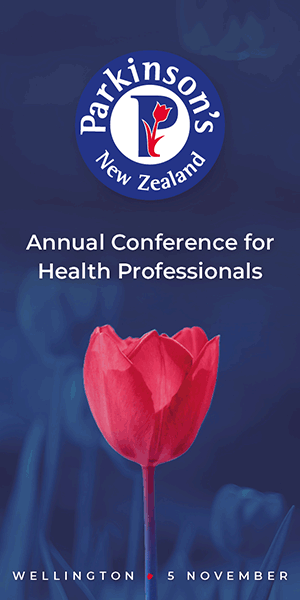She is one of 22 nurses contacted by NZNO organiser Sharleen Rapoto, after NZNO was alerted to unsafe staffing and burnout problems across Auckland’s 18 isolation and quarantine facilities.
Rapoto said nurses reported ratios as poor as three registered nurses (RNs) and one health-care assistant (HCA) caring for more than 400 “guests” at one facility. That made it impossible to check guests twice daily, as protocols required, or adequately screen for COVID-19, Rapoto said. “Who knows what everyone’s got? Staff tell us the ratio is just impossible,” she said. “The risk is incredible.”
Other issues included pay and rostering. There were delays of up to four weeks, incorrect payments and agreed “incentive payments” not coming through. There was also a lack of support for nurses renewing their professional development and recognition programmes, resulting in loss of pay, Rapoto said.
Rostering problems
Rosters were not being posted 28 days in advance, members were being rostered on days they weren’t available and shortages meant staff were picking up extra workloads. Some of the placements had no time frame and temporary work had, in some cases, become permanent with no consultation. Staff were given split days off instead of two consecutive days.
Several had resigned, public health nurses usually working 9-5pm had been rostered on night shifts and agency nurses were given preferential rostering, Rapoto said.
There were also issues with employment agreements, which had not always been provided or were rushed through.
NZNO industrial adviser David Wait wrote to Counties Manukau District Health Board (DHB) on October 30, warning the “serious unresolved issues” in the managed isolation and quarantine facilities suggested the DHB was failing to meet its obligations under the NZNO DHB multi-employer collective agreement.
Payroll ‘being fixed’
Counties Manukau DHB had since taken steps to fix its payroll issues. It was giving assurances to NZNO members about their hours and engaging with NZNO over the unsafe staffing concerns, Wait said. “However, we need urgent action over promises,” he said. “Until these issues are resolved, finding sufficient staff will be especially challenging and the threat to New Zealanders remains very real.”
NZNO was working closely with other Council of Trade Unions-affiliated unions and the Ministry of Business, Innovation and Enterprise to develop a work participation agreement, for all workers in managed isolation or quarantine facilities across New Zealand.




